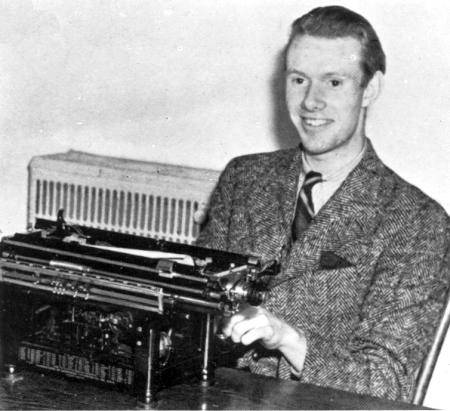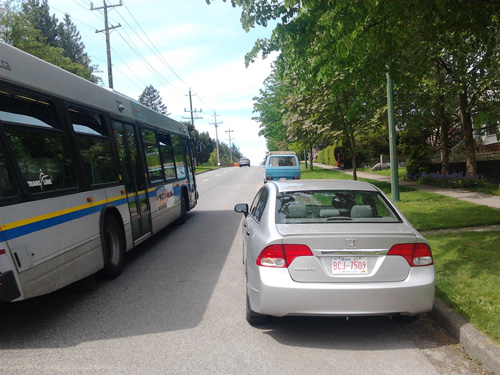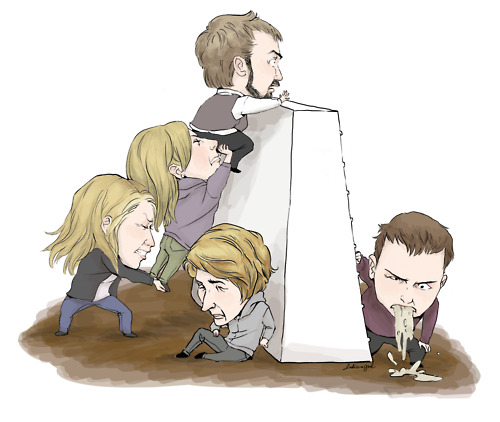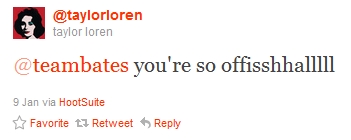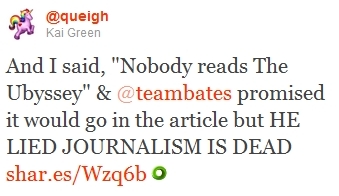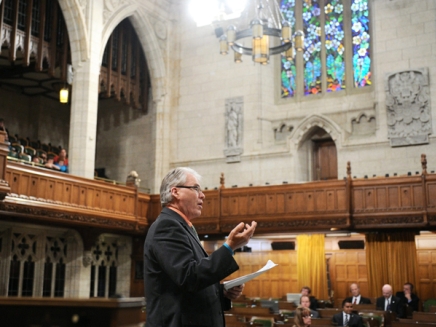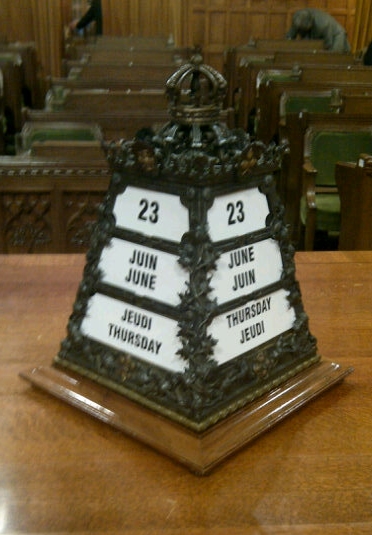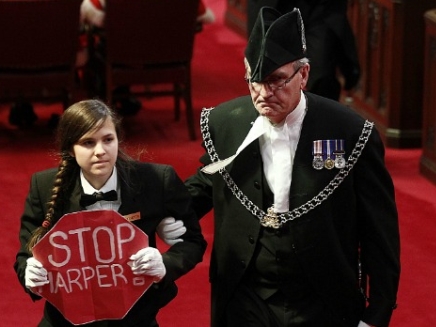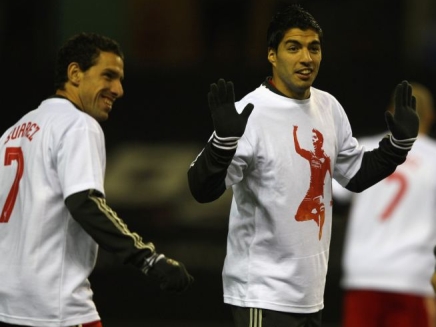
Photo courtesy Michael Steele (Getty Images)
Show racism the red card; unless, of course, if was our player, in which case it was barely a foul.
The English FA’s surprisingly robust response–an eight game ban–to allegations of racism has caused a bit of a stir. Two months after Liverpool star Luis Suarez said something to Manchester United’s Patrice Evra in a heated moment that contained the word negro, anti-racism advocates are rather pleased that the FA has decided to respond so forcefully to it. Liverpool are less happy.
The response since the 1-1 draw on October 15th ranged from outward denial–it wasn’t credible, they said, as it all depended on the word of Evra versus Suarez–to cultural relativism: Suarez admitted to using negro and the issue became that the player, who is Uruguayan, wasn’t familiar with the racially charged nature of the word in England and his supporters have claimed that he shouldn’t be held accountable.
Then the Independant Regulatory Commission’s astounding report of the reasons for the sentence came out, finding Suarez had used the word seven times. Liverpool’s, well, slightly-more-than-zero tolerance of racism was always a bit puzzling: The players and coach Kenny Dalglish are loudly for Suarez, wearing his t-shirts in the warm up. Pain and support are words used. Their protestation hinges on one big point; that Suarez has not been socialized to recognize racism growing up in Uruguay. That would be a fair point if there wasn’t some other body whose responsibility it is to educate Suarez about racism: Liverpool Football Club.
The Commission’s report was commanding, to say the least, about the situation. 115 pages are used to detail the whole timeline of charges and a litany of evidence, from initial day-of statements to interviews taken on by the FA to experts in Castellan Spanish to the testimony commanded by the committee itself. (This included lots of rich description of the event; apparently, Evra started the conversation with the man who fouled him ten minutes earlier by yelling “Concha de tu hermana“, which describes a sensitive part of your sister’s anatomy but is analogous to yelling “fucking hell” or something similarly coarse. It also includes a lowly Liverpool equipment manager who hears of the allegations and hastens to Dalglish to tell him.)
The overall decision of the committee was to accept that there was a situation in which the term could be used in a conciliatory way that wasn’t racist–but it didn’t believe that Suarez had done so.
The root of this lack of belief was what had always seemed fairly obvious: that the conversation was never a happy one. “In our judgment, Mr Suarez’s use of the term was not intended as an attempt at conciliation or to establish rapport; neither was it meant in a conciliatory and friendly way,” paragraphs 266 and 267 read. “We were troubled by the fact that Mr Suarez advanced this case to us and relied on it to the extent that he did, when it was unsustainable.” This was bolstered as well by their interpretation of Suarez pinching Evra’s arm in what he described as an attempt to defuse the situation, which the defense later rather claimed was a copy error. The committee concluded it was an attempt to wind him up.
It was the first of three major pillars on which they lost the case: that the conversation was in no way friendly; second, that the case wasn’t a campaign by Evra to take down Suarez, and finally and most damaging, that various parties had changed their tunes from earlier testimony in order to try and sway the committee.
There was more than one instance of this: Liverpool director of football Damian Comolli’s statement that Suarez had claimed he said “Por que tu es negro” (“Because you are black”) instead of Suarez’s defense’s answer of “por que, negro?” (“why, black?”), which would have been more damaging, because the latter could conceivably be the harmless reference to race Suarez sold it as. According to the report, he also instructed that fourth-official Phil Dowd write it down. He now claims he has misheard it. Dirk Kuyt also said in his first interview that Suarez had told him in Dutch he’d said “because he is black” but in the same statement farcically said if the Uruguayan contradicted him then whatever the defense said was correct.
But the case really came off the rails in a deliberation described on paragraph 261. Essentially, Suarez described his word usage as “affectionate and friendly” in an earlier interview with the FA, but as “conciliatory” and “an effort at conciliation” in his witness statement to the commission. This change of language came after all parties received a brief from the language experts that explained that “negro” could constitute non-abuse if it was used in a conciliatory manner.
What followed was the tribunal’s first outright suspicion that Suarez was trying to pull one over on them. “It is difficult to avoid the conclusion that Mr Suarez used the words conciliation and conciliatory to describe his use of the word “negro” because the experts had used those terms,” the report reads.
There are other odd moments in the testimony: noting that the defense had let stand unchallenged testimony from four Man U players that Evra had described Suarez as saying “I don’t speak to blacks,” the defense was asked: what then was Evra’s motivation for doing so? Either (1) He was telling the truth, (2) He invented it, for the purpose of ruining Suarez’s reputation, (3) he misheard it, or (4) for some other reason.
The defense answered (2), using four instances of Evra having short temper during the game to characterize the confrontation as a point of explosion when, when Suarez refuses to apologize for fouling him, he loses control and…concocts a plan to tell people he was racist an hour later and have an an independent commission find him guilty for racial abuse. This explanation was rejected.
This has put a stunning halt to the runaway chatter that maybe Suarez is misunderstood in this case. What’s clear–and probably always has been–is that Suarez wasn’t and still isn’t a racist. But he certainly doesn’t seem like an innocent man of the world above the problems of racism; he is depicted first as trying desperately to wind up Evra and then his defense is characterized as an unreliable and desperate attempt to weasel out of the charges. All of this, of course, was known by Liverpool before they went on their media blitz, although they didn’t have a report to read.
Suarez is still available for selection Tuesday against Man City in the league, and then in cup fixtures against Oldham and City again. But if Suarez opts out of an appeal tomorrow and Liverpool overcome Oldham, only four matches of the ban will be in the Premiership, with the other four in the Carling Cup and early rounds of the FA Cup. His first match back would be an all-important league match against, who else, Manchester United. He should think about it.
Because Suarez and Dalglish and the players and the club and a good chunk of fans have shackled themselves to this sad sad boat of a case for innocence that’s carrying more and more water. Liverpool have done good work in this area and Suarez, while infuriating, doesn’t seem like an awful or hateful person. There’s always been a road out of this: admit you did wrong, pledge to work through it, sit out the ban, and maybe use your free time to work with anti-racism groups and burnish your image.
But all attempts to fight this to date, and certainly any subsequent attempts to reduce the length of the ban imposed because this issue is so important seem but a petulant attempt to argue with the referee about a decision that seems a foregone conclusion. Some have rightly worried about the rabid partisanship of those arguing the Suarez case, and it is time to lay swords down.
Neither Liverpool or Suarez are covered in glory at the moment. But at this point it’s not important to ensure that they never walk alone. It’s important that they simply walk away.
UPDATE (Jan 3, 11:30 PST): Liverpool have, as it seems they would, declined an appeal. But they’ve done it in the most odious way: By denying every charge, saying it was still all an attempt to discredit Suarez, and claiming the high road for losing at this case. Neither the club nor Suarez are providing much in the way of substantiation, but hey, at least this affair is behind us.

